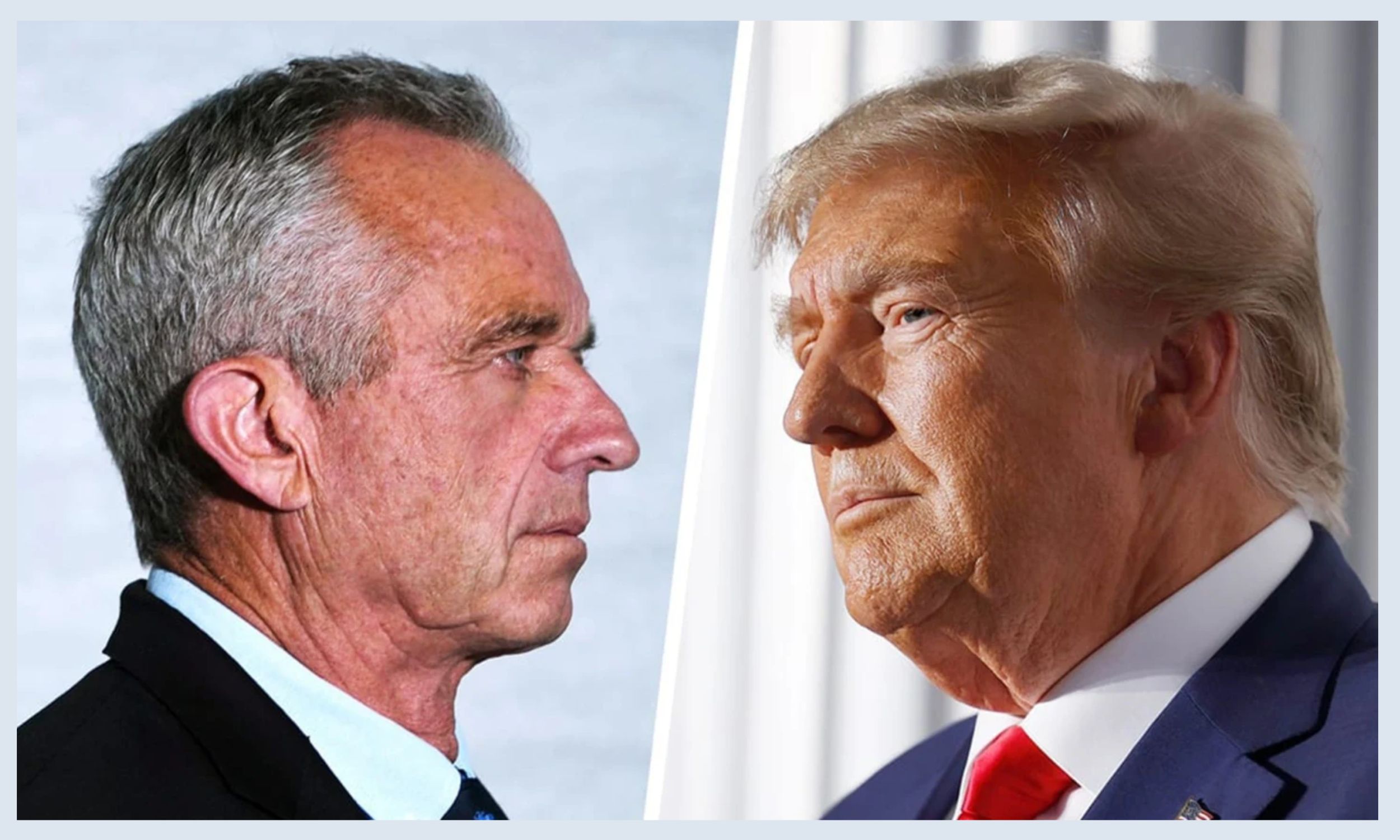The increasing likelihood of Robert F. Kennedy Jr. withdrawing from the presidential race to endorse former President Trump is adding new layers of unpredictability to the election landscape.
Kennedy’s associates stress that no final decision has been made, and there is internal disagreement about the next steps. Nonetheless, negotiations between Kennedy and Trump’s campaigns have been underway, with discussions suggesting that Kennedy might exit the race as early as Friday and offer his endorsement to Trump.

This potential development is raising concerns about its impact on Vice President Kamala Harris’s chances in the election. GOP strategist Ford O’Connell highlighted the gravity of the situation, noting that the election could be decided by narrow margins.
However, obstacles remain for both campaigns. A source close to Kennedy indicated that Trump’s team may struggle with Kennedy’s conditions, such as bringing his supporters onto the Trump campaign team, which could be a deal-breaker. Additionally, Kennedy’s wife, actress Cheryl Hines, reportedly opposes his support for Trump, complicating the situation further.
Kennedy, a former Democrat, has faced challenges running as a third-party candidate, with his prospects for winning the presidency dwindling. He is now contemplating the benefits of aligning with Trump, particularly for a potential role in a second Trump administration. Trump has reciprocated the favor, expressing admiration for Kennedy and acknowledging his influence in key swing states.
As Kennedy’s campaign nears a critical juncture, his team is divided. One faction supports an immediate endorsement of Trump and a potential administrative role for Kennedy, while another demands assurances from Trump regarding the protection of Kennedy’s ballot access.
With Kennedy’s poll numbers in single digits and both major parties scrutinizing his impact, the timing of his potential exit could influence the election. Polls show that Kennedy’s departure might benefit Trump, but Democrats argue that robust voter turnout could counteract this advantage.


